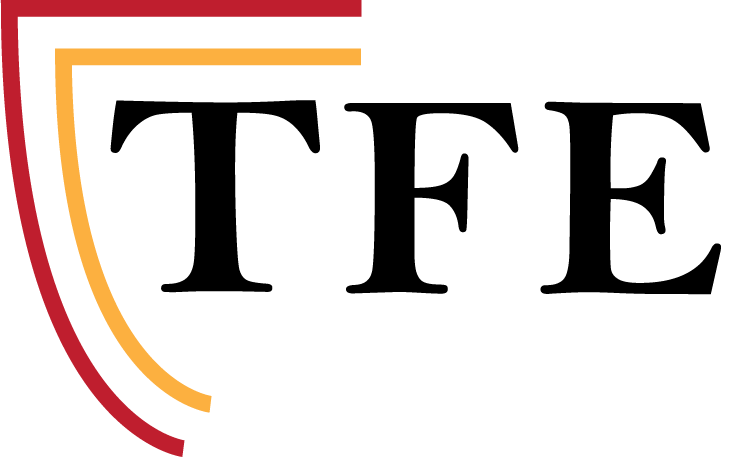Other Legacy Gifts to the Church
There are several methods for making a planned gift to the church beyond a will.
Life Insurance
- Name the parish or its endowment fund as a beneficiary of an existing life insurance policy so that the parish would receive the gift after your death.
- Purchase a new life insurance policy with the parish as the beneficiary.
- Name the parish as a contingent beneficiary of an existing policy so that it would receive the proceeds if the primary beneficiaries do not survive you.
Retirement Accounts – Naming your parish as a beneficiary of your IRA, 401k, 403b or other retirement account is an easy and tax-effective way to give. Distributions from your retirement accounts that are taxable to your family members or others are likely be tax-exempt when given to the church, so that the parish receives the full benefit of your retirement funds.
Life Income Gifts – Life income gifts are a good choice for those who want to gift assets to the church today, yet retain a stream of income from those assets while they are living. Assets are transferred to a charitable organization (such as your parish or the diocese) or to a trust. The charitable organization invests the assets and produces income, which is paid to the donor or other designated person. The income can last for the life of the donor or some other time period.
There may be income and/or estate tax advantages for contributing assets in this fashion. Always seek legal and financial/tax advice when entering into this type of arrangement.
Some common types of Life Income Gifts are:
- Pooled Income Funds – a common investment fund managed by a charitable organization that invests the funds and distributes income to the “unit holders.”
- Charitable Gift Annuities – a contract between a donor and the charitable organization that affords the donor a guaranteed income for life. After the donor’s death, the remaining assets go to the charity.
- Charitable Remainder Trusts – a trust established by a donor to benefit the charity after the donor’s death. During his or her lifetime, the donor receives income from the trust—either a fixed or variable amount. The charity receives the remaining assets after the donor’s death.
These are just some examples of ways in which you can give to your parish or its endowment. You can speak with our Executive Director, Jim Wenzler, at (414) 301–1410 or by email at director@tfewis.org.
The Episcopal Church Foundation has many resources related to planned giving. Their website is at http://www.episcopalfoundation.org/programs/planned-giving.
We all have received great gifts from God, and it is important for us to give thanks for these gifts by enabling the church to continue its work in the world.
“All things come of Thee, O Lord; and of Thine own have we given Thee”
